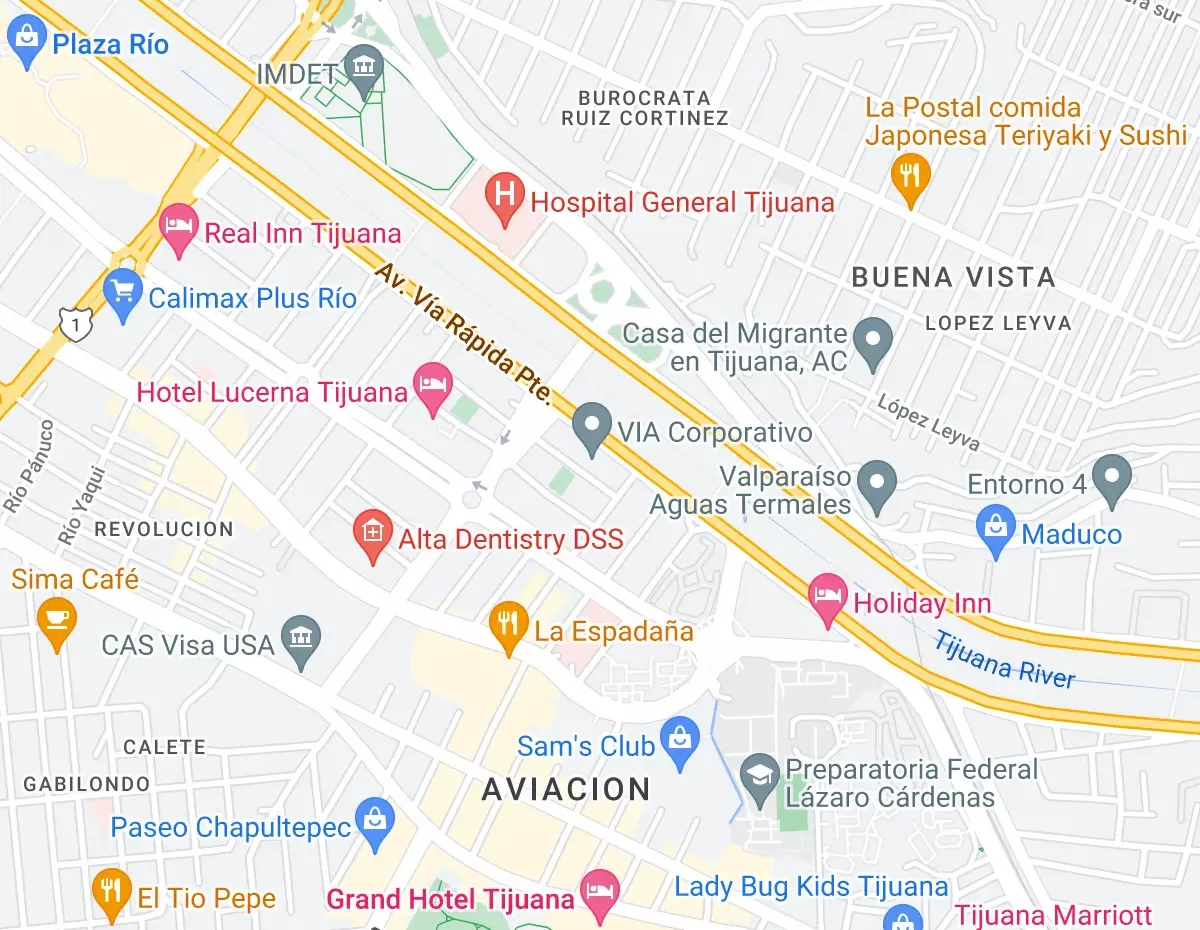Imagine you're living with depression, and traditional treatments just aren't cutting it. You're desperate for a solution to turn the page on your condition. Enter ibogaine, a plant-derived substance that's causing quite a stir in the medical community. It's not without its controversy and risks, but some claim it holds unparalleled potential for treating depression. Could this be the breakthrough we've been waiting for, or is it just the latest false dawn? Let's explore this together.
Key Takeaways
- Ibogaine, derived from the Tabernanthe iboga shrub, has the potential to treat depression by resetting chemical pathways in the brain.
- The substance triggers the production of serotonin and dopamine, neurotransmitters often found to be imbalanced in those suffering from depression.
- Despite its classification as a Schedule I drug, ibogaine's effectiveness in addiction recovery suggests potential for controlled use in psychiatric treatments.
- Countries like Canada and Mexico offer legal ibogaine treatment, providing hope for those seeking alternative depression therapies.
- More research is needed to understand ibogaine's impact on depression fully and to mitigate serious potential risks like addiction and heart complications.
Understanding Depression
While you may feel alone in your struggle, it's important to understand that depression is a common mental health disorder affecting millions worldwide. It's not a sign of weakness or a character flaw but a complex interplay of genetic, biological, environmental, and psychological factors. Despite its prevalence, there's an unfortunate number of depression misconceptions that contribute to the stigma surrounding this condition.
A common misconception is that you can simply 'snap out' of depression. But it's not that simple. It's a real, serious illness that needs professional treatment. Another fallacy is that depression only affects females. In reality, it can affect anyone, regardless of their gender, age, or socioeconomic status.
Reducing stigma is vital in creating an environment where people feel safe to seek help. It's crucial to spread accurate information about depression to dispel misconceptions and reduce stigma. Understanding depression as a real, treatable illness is the first step toward recovery. Remember, it's okay to ask for help, it's okay to talk about how you're feeling, and most importantly, it's okay not to be okay. You're not alone, and help is available.
Ibogaine: A Brief Overview
You might be wondering, "What exactly is Ibogaine?" Well, let's start by exploring its origins and then look into how this substance impacts our brain on a neurochemical level. It's a fascinating topic, so let's get started!
Understanding Ibogaine's Origins
Originating from the West African shrub Tabernanthe iboga, ibogaine has been used in spiritual and healing rituals for centuries. Its cultural significance is profound, with many tribes valuing its ability to enhance mental clarity and spiritual healing. While the regulatory status of ibogaine is complex, with some countries having strict controls, in other parts of the world, it's recognized as legal. It is being studied for its therapeutic potential in various psychological conditions. The story of ibogaine has deep cultural roots and modern scientific inquiry.
Ibogaine's Neurochemical Impact
To wrap up, it's crucial to grasp that ibogaine's potential for treating depression relies on its profound impact on our brain's neurochemistry. It's recognized for resetting and normalizing the brain's chemical pathways disrupted by addiction. Despite ibogaine legality being a grey area in many countries, its effectiveness in addiction recovery is undeniable. It triggers the production of serotonin and dopamine, the 'feel-good' neurotransmitters often depleted in those suffering from depression. However, it's also important to note that ibogaine isn't a magic bullet. It's a tool that can support individuals on their journey towards mental wellness when used responsibly and appropriately. To sum up, ibogaine could be a potent ally in the battle against depression, but further research is needed.
How Ibogaine Works
So, you're probably wondering exactly how ibogaine works, right? Let's start by looking at the neurochemical impact of ibogaine, then we'll move on to its psychological effects, and finally, we'll discuss some safety concerns. It's all quite fascinating, so let's get started.
Ibogaine's Neurochemical Impact
When considering how Ibogaine operates, it's crucial to delve into its profound impact on our neurochemical processes. The compound directly interacts with your brain's neurotransmitters, effectively resetting them. It's no surprise why addiction intervention often involves Ibogaine, given its unique ability to disrupt addictive patterns. Despite Ibogaine legality being a complex issue in some regions, the benefits it offers for those struggling with addiction and depression are significant. This natural substance targets key receptors in your brain, restoring a balance that's often damaged by chronic substance misuse. It's like a hard reset for your brain, providing a fresh start. So, while Ibogaine may not be the be-all-end-all solution, it's certainly a promising ally in battling depression and addiction.
Psychological Effects of Ibogaine
Beyond its neurochemical effects, ibogaine's psychological impact is integral to its therapeutic potential. With unique properties that have drawn interest for addiction treatment, it has been noted for its ability to mitigate cravings and ease withdrawal symptoms. Additionally, it can induce a state that allows for reflective experiences, providing an avenue to process past traumas, which can be particularly valuable in the context of depression. While ibogaine is accessible in various therapeutic settings around the world, the regulatory landscape can be complex. It's a nuanced situation that necessitates awareness to ensure compliance with healthcare regulations while seeking treatment. The psychological benefits of ibogaine are compelling, and it's important to know its status in your area.
Ibogaine and Depression: The Connection
You might be wondering about the link between ibogaine and depression. Ibogaine is a naturally occurring psychoactive substance that's been highlighted as a potentially influential factor in treating various forms of addiction, and it's now being considered for its capability to address depression.
Depression is a worldwide concern, impacting individuals across all demographics. It's a condition that doesn't choose its subjects based on age, race, or socioeconomic status. According to the World Health Organization, a substantial number of people globally are affected by depression, indicating a critical need for diverse and effective treatment approaches.
Ibogaine is thought to play a role by influencing brain pathways, which could potentially offer symptom relief from depression. Yet, the regulatory environment for ibogaine is intricate. In certain countries, specific regulations govern its use; in others, like the U.S., it's classified under certain substances. However, as research progresses and shows promise, this may inform future discussions and regulations regarding its use in depression therapy, potentially marking the start of a new chapter in treatment options.
Studies Supporting Ibogaine Treatment
In the field of scientific research, there's a growing body of evidence supporting the potential use of ibogaine in treating depression. Studies show that ibogaine, a natural plant extract, could revolutionize mental health treatment. It's a subject that's been gaining traction despite issues regarding ibogaine legality and treatment accessibility.
- Ibogaine's Mechanism of Action: Research reveals that ibogaine works by resetting chemical levels in the brain, particularly serotonin and dopamine, which are often imbalanced in those with depression.
- Efficacy of Ibogaine: A study published in the American Journal of Drug and Alcohol Abuse showed that a single dose of ibogaine reduced symptoms of depression and anxiety in patients who had not responded to traditional treatments.
- Ibogaine Legality and Accessibility: Despite promising research, ibogaine remains illegal in many countries, including the US. However, treatment centers in countries where it's legal provide hope for those seeking alternative depression treatments.
You're probably wondering about access. The legality of ibogaine is a significant barrier, but there's hope. Countries like Canada and Mexico offer legal ibogaine treatment, making it accessible for those who need it most.
Potential Risks of Ibogaine Usage
While acknowledging ibogaine's potential, it's wise to consider the associated risks. Its promise in treating depression and addiction has garnered attention, yet it remains a controlled substance under certain regulations in many countries, including the United States.
In addition, it's important to be aware of the possible dependency concerns related to ibogaine. Even though it's utilized primarily in opioid dependency treatments, there is a potential for users to experience strong psychoactive effects.
Care should also be taken due to the possibility of serious effects on heart health. Approaching this treatment requires careful consideration, well-informed decision-making, and guidance from medical professionals. It's essential to evaluate all aspects thoroughly before considering ibogaine as an option for treating depression or addiction.
Future Perspectives: Ibogaine and Mental Health
So, what does the future hold for ibogaine and its potential role in mental health treatment? It's a question that's been on many minds, especially with the current focus on alternative therapies. Here are a few key points to ponder:
- Ibogaine legality: Currently, ibogaine's legal status varies worldwide. In some places, it's considered illegal due to its hallucinogenic properties. However, as research continues to show potential benefits, there could be changes in legislation allowing for controlled use in psychiatric treatments.
- Treatment accessibility: If ibogaine is legalized, it may become a more accessible treatment option for mental health disorders. This could provide a new avenue for those without success with traditional therapies.
- Ongoing research: The future of ibogaine in mental health treatment relies heavily on continued research. As we learn more about its effects and potential benefits, we'll be better equipped to utilize it effectively and safely.
Conclusion
As we explore the potential of ibogaine in depression treatment, its role becomes increasingly significant. The substance holds great promise due to its unique impact on mental health recovery, backed by encouraging research outcomes. While challenges remain, the future looks optimistic for ibogaine’s role in pioneering new approaches to mental health care. With ongoing exploration and a better understanding of its benefits, ibogaine is a promising candidate for enhancing traditional treatment methods. Here's to new beginnings in mental health innovation with New Roots Ibogaine, where we continue to explore and expand the boundaries of what's possible in depression therapy.




